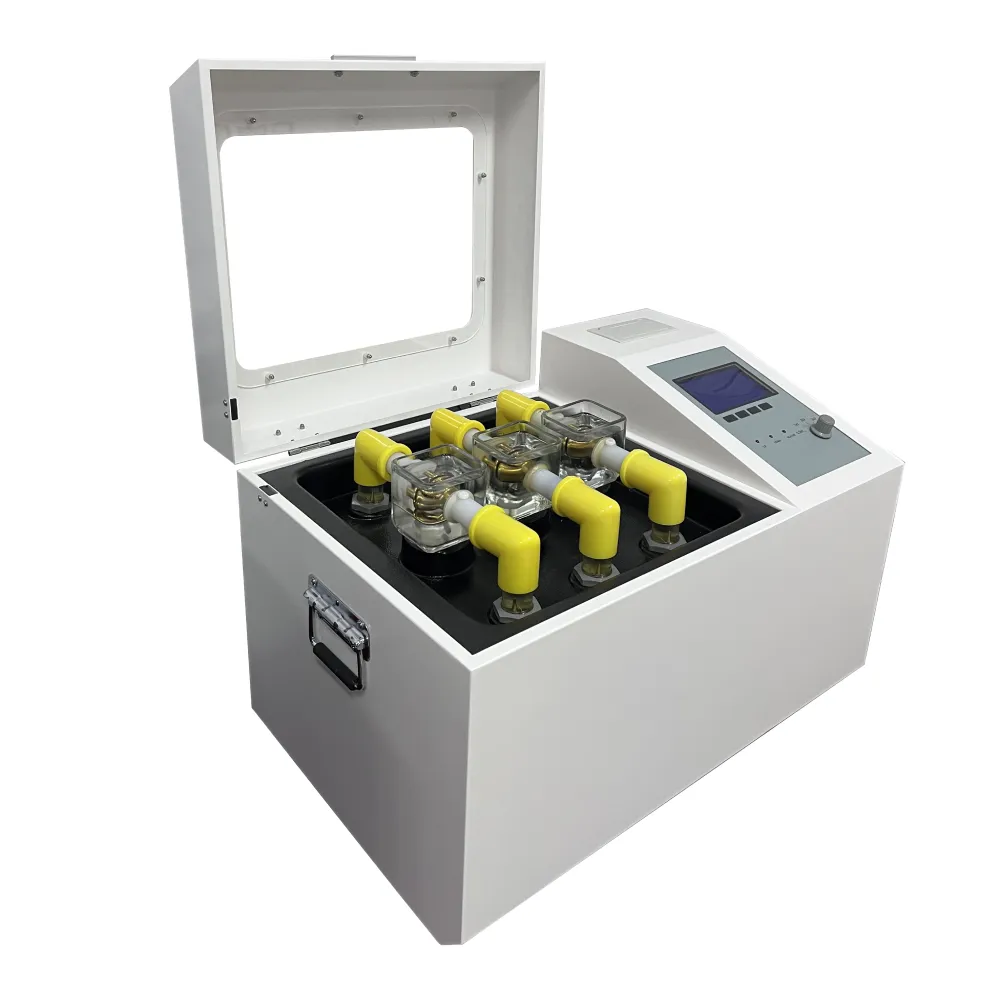 English
English



-
 Afrikaans
Afrikaans -
 Albanian
Albanian -
 Amharic
Amharic -
 Arabic
Arabic -
 Armenian
Armenian -
 Azerbaijani
Azerbaijani -
 Basque
Basque -
 Belarusian
Belarusian -
 Bengali
Bengali -
 Bosnian
Bosnian -
 Bulgarian
Bulgarian -
 Catalan
Catalan -
 Cebuano
Cebuano -
 China
China -
 China (Taiwan)
China (Taiwan) -
 Corsican
Corsican -
 Croatian
Croatian -
 Czech
Czech -
 Danish
Danish -
 Dutch
Dutch -
 English
English -
 Esperanto
Esperanto -
 Estonian
Estonian -
 Finnish
Finnish -
 French
French -
 Frisian
Frisian -
 Galician
Galician -
 Georgian
Georgian -
 German
German -
 Greek
Greek -
 Gujarati
Gujarati -
 Haitian Creole
Haitian Creole -
 hausa
hausa -
 hawaiian
hawaiian -
 Hebrew
Hebrew -
 Hindi
Hindi -
 Miao
Miao -
 Hungarian
Hungarian -
 Icelandic
Icelandic -
 igbo
igbo -
 Indonesian
Indonesian -
 irish
irish -
 Italian
Italian -
 Japanese
Japanese -
 Javanese
Javanese -
 Kannada
Kannada -
 kazakh
kazakh -
 Khmer
Khmer -
 Rwandese
Rwandese -
 Korean
Korean -
 Kurdish
Kurdish -
 Kyrgyz
Kyrgyz -
 Lao
Lao -
 Latin
Latin -
 Latvian
Latvian -
 Lithuanian
Lithuanian -
 Luxembourgish
Luxembourgish -
 Macedonian
Macedonian -
 Malgashi
Malgashi -
 Malay
Malay -
 Malayalam
Malayalam -
 Maltese
Maltese -
 Maori
Maori -
 Marathi
Marathi -
 Mongolian
Mongolian -
 Myanmar
Myanmar -
 Nepali
Nepali -
 Norwegian
Norwegian -
 Norwegian
Norwegian -
 Occitan
Occitan -
 Pashto
Pashto -
 Persian
Persian -
 Polish
Polish -
 Portuguese
Portuguese -
 Punjabi
Punjabi -
 Romanian
Romanian -
 Russian
Russian -
 Samoan
Samoan -
 Scottish Gaelic
Scottish Gaelic -
 Serbian
Serbian -
 Sesotho
Sesotho -
 Shona
Shona -
 Sindhi
Sindhi -
 Sinhala
Sinhala -
 Slovak
Slovak -
 Slovenian
Slovenian -
 Somali
Somali -
 Spanish
Spanish -
 Sundanese
Sundanese -
 Swahili
Swahili -
 Swedish
Swedish -
 Tagalog
Tagalog -
 Tajik
Tajik -
 Tamil
Tamil -
 Tatar
Tatar -
 Telugu
Telugu -
 Thai
Thai -
 Turkish
Turkish -
 Turkmen
Turkmen -
 Ukrainian
Ukrainian -
 Urdu
Urdu -
 Uighur
Uighur -
 Uzbek
Uzbek -
 Vietnamese
Vietnamese -
 Welsh
Welsh -
 Bantu
Bantu -
 Yiddish
Yiddish -
 Yoruba
Yoruba -
 Zulu
Zulu
Affordable Pricing for Oil Testing Equipment and Machines
The Costs of Oil Testing Machines An In-Depth Look
In the realm of laboratory and industrial testing, oil testing machines play a crucial role in ensuring the quality and safety of oils used in various sectors, including automotive, manufacturing, and food industries. As the demand for high-quality oils continues to grow, so too does the need for efficient and reliable testing equipment. This article delves into the factors influencing the prices of oil testing machines, the typical costs associated with different types, and what you should consider when making a purchase.
Understanding the Types of Oil Testing Machines
Oil testing machines come in various forms, each designed to measure specific properties or contaminants in oil. Common types include
1. Viscometers These machines measure the viscosity of oil, which is critical for assessing its flow characteristics and performance under different temperatures. 2. Flash Point Testers These devices determine the flash point of oil, which indicates its flammability and safety during storage and use. 3. Acid Value Testers These machines help assess the level of acidity in oil, which can indicate degradation and contamination. 4. Water Content Analyzers These testing machines measure the amount of water present in oil, crucial for preventing corrosion and wear in machinery.
Each of these machines serves a distinct purpose, and their prices can vary significantly based on complexity, accuracy, and brand reputation.
Price Ranges for Oil Testing Machines
The price of oil testing machines varies widely based on their intended use and specifications. Here's a general breakdown
oil testing machine price

- Basic Units Basic oil testing machines, such as simple viscometers or hand-held flash point testers, typically range from $500 to $2,000. These are suitable for small labs or businesses that require standard testing capabilities without high-end features. - Mid-range Models More advanced models, which may include automated features, computer interfaces, and multi-function capabilities, can range from $2,000 to $10,000. These are ideal for medium-sized laboratories that need reliable results without a significant investment.
- High-end Equipment Industrial-grade oil testing machines, designed for large manufacturing facilities or research institutions, may range from $10,000 to upwards of $50,000. These machines often come with multiple testing capabilities, high precision, and extensive support services.
Factors Influencing Prices
Several factors contribute to the pricing of oil testing machines
1. Technology and Features Machines with advanced technology, including automation and digital interfaces, tend to be more expensive due to their sophisticated design and capabilities. 2. Brand Reputation Established brands known for reliability and accuracy will generally command higher prices. Investing in a reputable brand can offer long-term savings through durability and service support. 3. Calibration and Maintenance Machines that require frequent calibration or have higher maintenance needs may present higher initial and ongoing costs. Ensuring a machine's accuracy is vital, particularly in industries where precision is critical.
4. Supplemental Costs Beyond the purchase price, consider additional costs such as shipping, installation, training, and warranties. These can add significantly to the overall investment.
Conclusion
When considering the purchase of an oil testing machine, it's essential to evaluate your specific needs and budget. Understanding the various types and their price ranges can help guide your decision. Remember to factor in maintenance and calibration costs to ensure the long-term reliability and accuracy of your equipment. Investing in the right oil testing machine not only enhances your operational efficiency but also ensures the quality and safety of your products.
-
Testing Equipment Industry Sees Major Advancements in 2025: Smart & Precision Technologies Lead the WayNewsJun.06,2025
-
Applications of Direct Current Generators in Renewable Energy SystemsNewsJun.05,2025
-
Hipot Tester Calibration and Accuracy GuidelinesNewsJun.05,2025
-
Digital Circuit Breaker Analyzer Features and BenefitsNewsJun.05,2025
-
Benefits of Real-Time Power Quality Monitoring Devices for Industrial EfficiencyNewsJun.05,2025
-
Earth Fault Loop Testing in High-Rise Building Electrical SystemsNewsJun.05,2025



